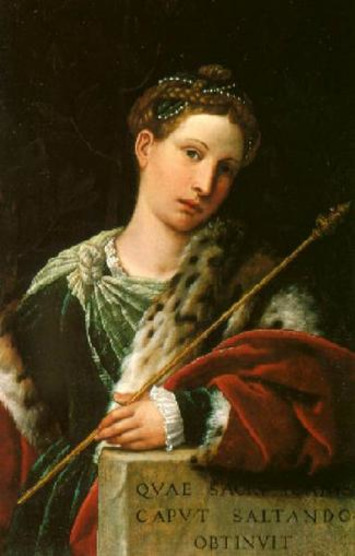The existence of courtesans is a glaring refutation of neofeminist dogma about objectification, the eternal victimhood of whores, etc; the fact that the most celebrated, successful and highly-paid harlots of all time were often those who were educated and could match or surpass men in intellectual pursuits throws a huge spanner into the catechism that prostitution is a manifestation of male dominance over women, that our clients hate us, and so on. Whenever possible, neofeminist historians deny that courtesans were prostitutes, pretend that accomplished women were not really courtesans, or describe them with circumlocutions like, “she chose to cohabit with several men who supported her financially.” And when all else fails, they simply ignore them. Fortunately neither male historians nor female ones with less parochial views feel the need to dissemble about such women, and among them Tullia d’Aragona is rightfully viewed as worthy of respect and study.
Via Gracie Passette



 Your new post is loading...
Your new post is loading...

























Interesting!